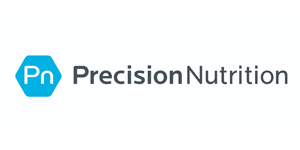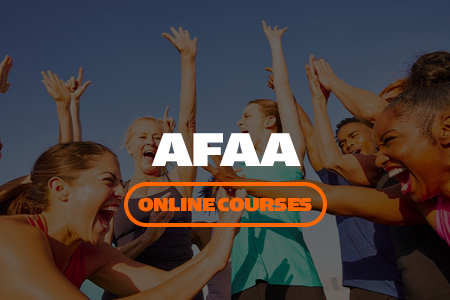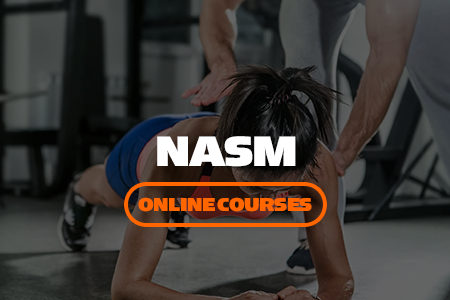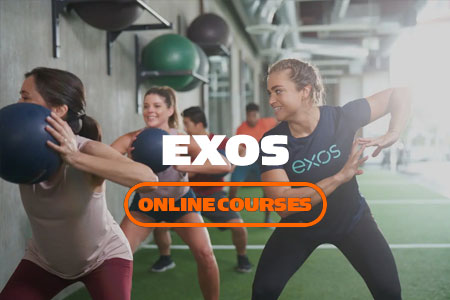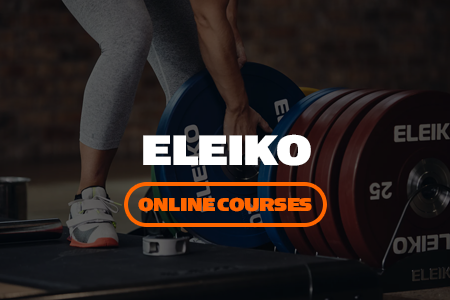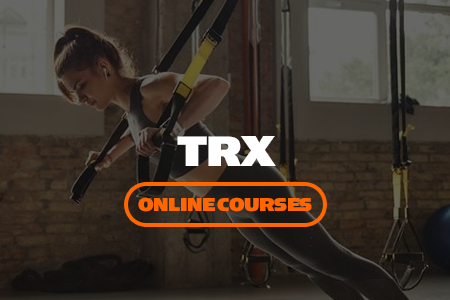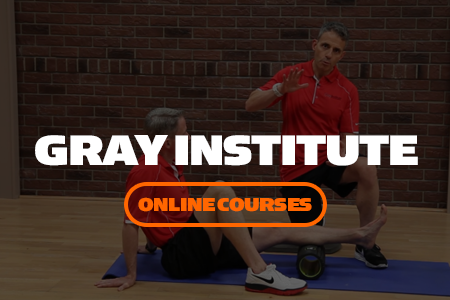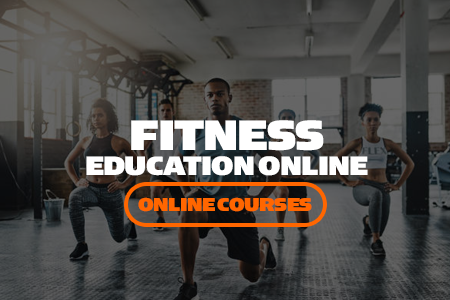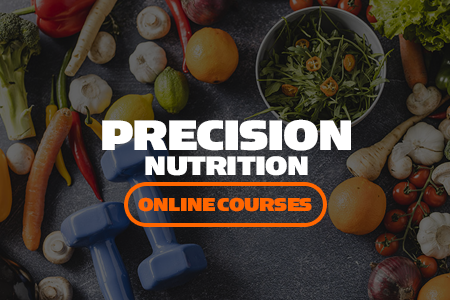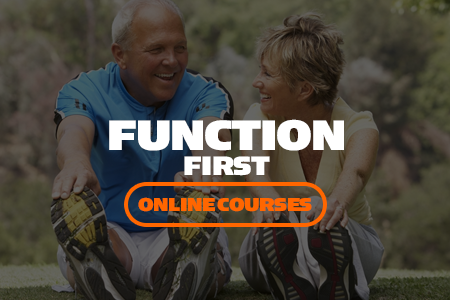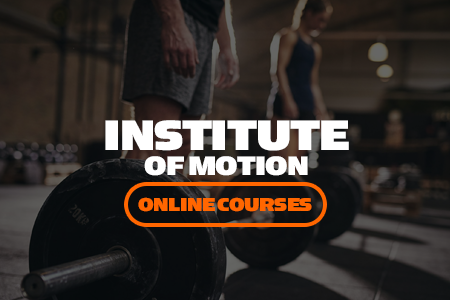Precision Nutrition : Sleep, Stress Management and Recovery Certification
The PN Sleep, Stress Management, and Recovery Certification includes the comprehensive science and the advanced coaching methods you need to guide your clients (and yourself!) to better sleep, recovery, and resilience.This program digs into the physiology and psychology of how your body responds to stress—as well as how it naturally heals and grows. It’s the only certification in the world designed specifically for health and fitness professionals who want to solve the biggest problems blocking their clients’ progress.
The curriculum is divided into 4 units - and each offers a wealth of information, plus plenty of “learn by doing” opportunities, including case studies based on real-world clients, and simulated coaching conversations to hone your skills.
Unit 1 : The PN Approach
- What makes a great coach
- How to enhance your own learning experience and growth as a coach
- Our “Deep Health” approach to coaching that transforms lives, not just bodies
- How to help clients overcome resistance, make progress, and sustain results
- PN’s proven framework for helping anyone achieve their goals
Unit 2 : Deep, Health, Stress, and Recovery
You’ll explore both the challenges and the recovery-opportunities of…
- Physical stressors such as an illness or physical fatigue
- Mental or cognitive stressors like information overload
- Emotional stressors like grief, loss, and anxiety
- Social stress in your relationships
- Existential stress during a life transition or shift in values
- Environmental stressors in your workplace, home, and/or community
Unit 3 : The Science of Sleep, Stress Management, and Recovery
Here we’ll take a deeper look into the science of sleep. Plus we’ll look at the four key areas where we can focus our recovery efforts: Sleep, nutrition, movement, and stress management.
You’ll discover:
- The complexity of sleep across individuals and life stages, plus its role in recovery
- The skills and practices that facilitate quality sleep
- What nutrition habits support both athletic and overall recovery
- What types of movement help improve our short- and long-term physical performance
- How to track progress in recovery behaviors such as sleep and strategic relaxation
- Which mental skills help us manage—and even embrace—stressors and change, when we can’t control them
Unit 4 : Coaching in Practice
Who is this course for?
Movement and nutrition are important. (Okay, you know that already.) But now, more and more people are accepting that sleep, stress management, and recovery are crucial, foundational pieces of the overall health puzzle. Since launching our program, we’ve seen students with many different professional and personal backgrounds invest in this area of health.
Those people include:
- Fitness and nutrition professionals who know that stress and sleep affect what their clients can do in the gym and in the kitchen, not to mention their capacity for change overall
- Doctors, nurses, and therapists who know that stress and sleep are among the top issues affecting their patients’ health and wellbeing
- Athletes and fitness enthusiasts who appreciate sleep, stress management, and recovery as direct, immediate tools for improved performance
- Massage therapists who continually work to release stress from their clients’ soft tissues, only to see that stress re-knot their clients’ muscles within a week
- Yoga teachers who understand the physical and mental challenge of dealing with life’s curveballs—and value the practice of finding balance (and finding it again)
- Health, life, and business coaches whose clients can’t afford to decrease their productivity—but struggle to fit in recovery from the stress of their responsibilities
- Regular people who want to apply the tools and resources in the program to transform their own sleep and stress issues—or those of their loved ones
Programme Details:
- 100% digital core curriculum
- 30+ animated and expert videos
- Real-world case studies
- Short chapter exams to help you apply new knowledge
- Study guides to help you prepare for exams
- A printable PDF package for all worksheets
- Instructions on how to build your own rest, recovery and resilience (3R) plan
Certification Requirements:
- 25 short exams with 10-15 questions each (280 questions in all)
- Questions are either multiple choice or true or false, and correspond with the chapter you just studied. Completing the exam unlocks the next chapter.
- All exams are delivered online, and can be accessed whenever you’re ready.
- In order to pass the course and receive your certificate, you’ll need to achieve a cumulative grade of at least 75%, which means getting at least 210 of your exam questions correct.
- Most students easily achieve or surpass this.
- If you don’t earn 210 out of 280 points in the course, you can take a re-do exam at the end of the course.


